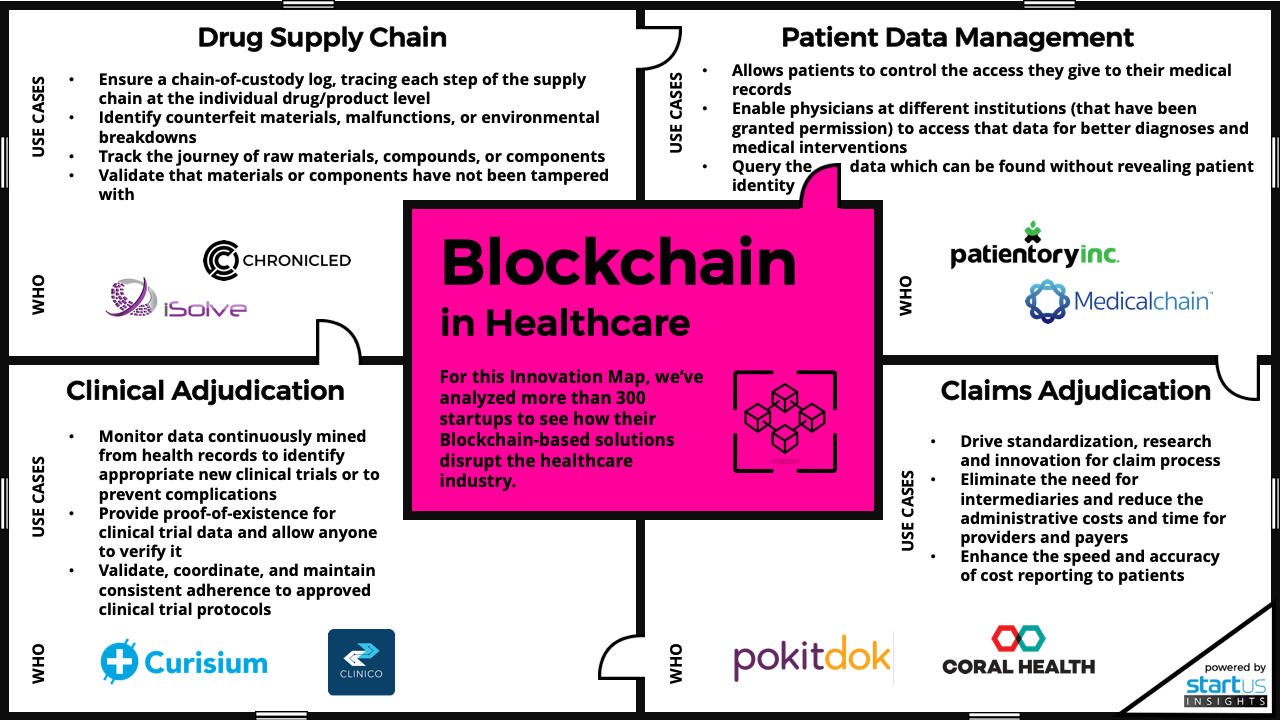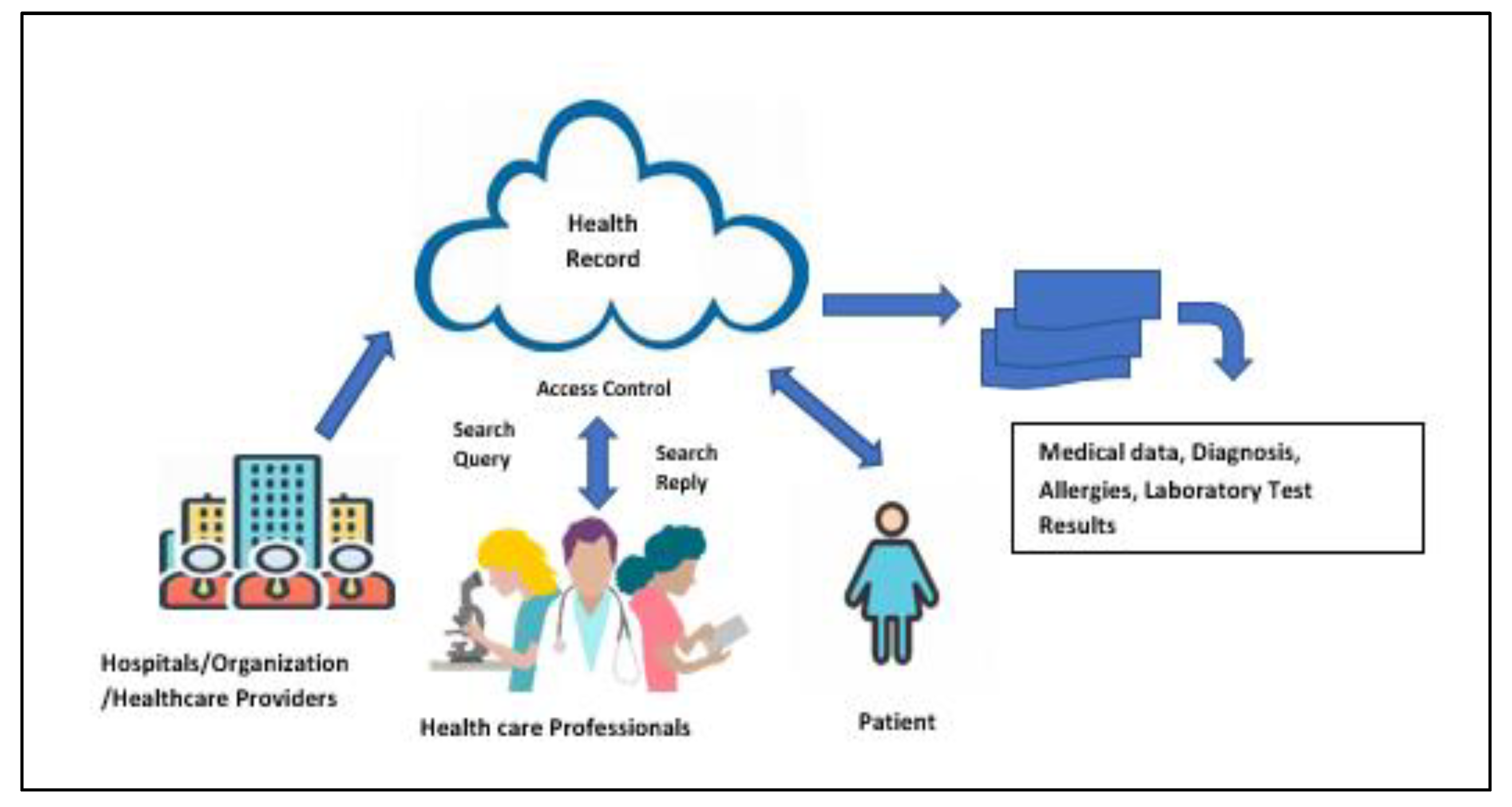
Blockchain in Healthcare: Transforming Data Security

Revolutionizing Healthcare Data Security: The Role of Blockchain
Blockchain technology, renowned for its secure and transparent nature, is making significant inroads into the healthcare sector. In a landscape where the confidentiality and integrity of patient data are paramount, the integration of blockchain in healthcare holds the potential to transform the way medical information is stored, accessed, and shared.
Ensuring Immutability: A Pillar of Trust in Healthcare
Blockchain’s inherent feature of immutability is a cornerstone in ensuring trust and security within healthcare systems. Patient records, treatment histories, and other critical data are stored in blocks that are linked and secured using cryptographic principles. Once information is recorded, it cannot be altered retroactively, providing a tamper-resistant environment for sensitive healthcare data.
Decentralization: Redefining Control and Ownership
The decentralized nature of blockchain technology is a game-changer in healthcare data management. Traditionally, patient records are stored in centralized databases, making them susceptible to security breaches. With blockchain, data is distributed across a network of nodes, eliminating a single point of failure. This not only enhances security but also gives patients greater control and ownership of their health information.
Smart Contracts: Automating Healthcare Processes
Smart contracts, self-executing agreements with the terms directly written into code,
